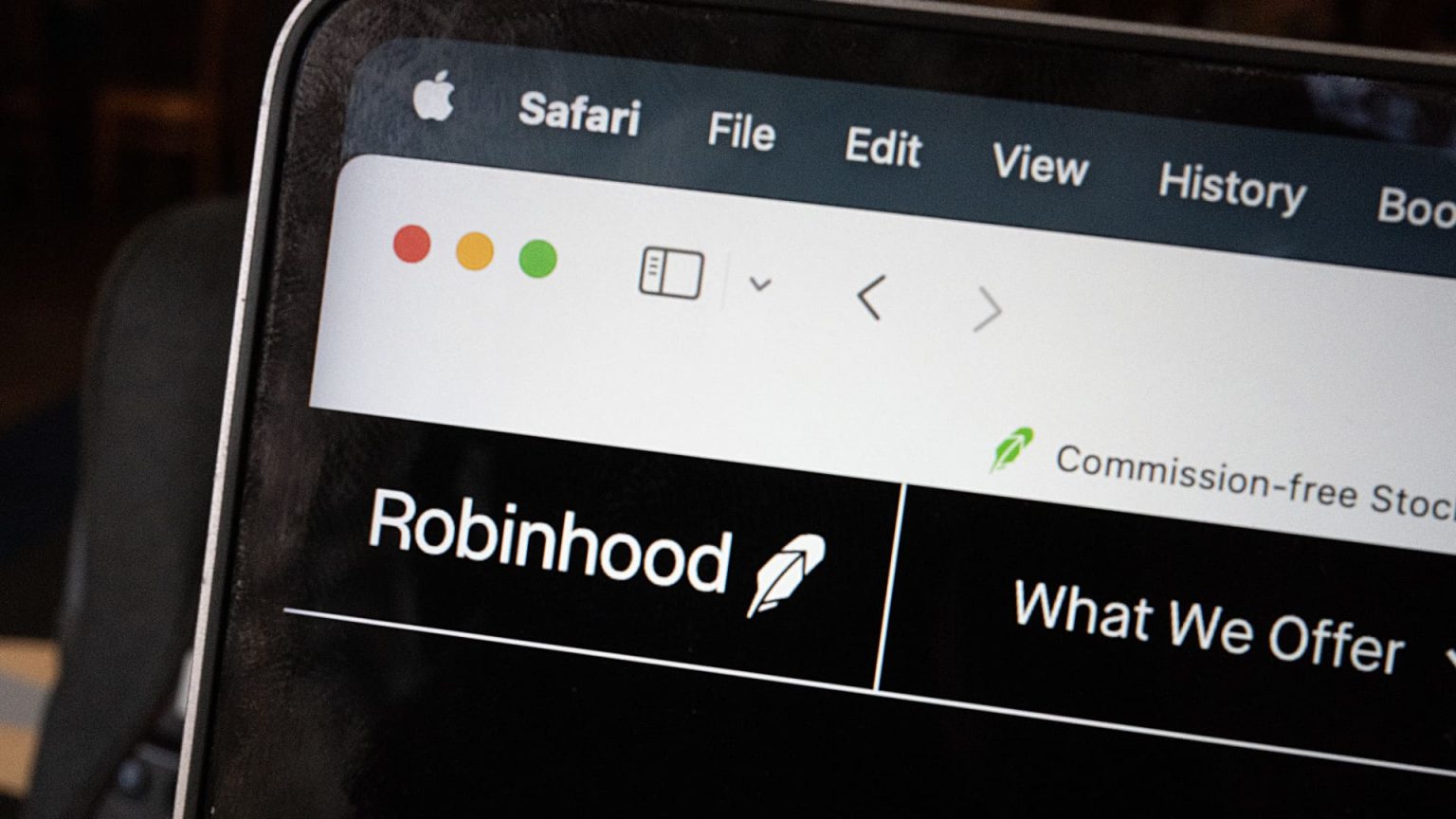Online brokerage platform Robinhood has expanded its services in the U.K., offering a share lending program that allows customers to earn passive income on stocks they own. Customers can lend out their stocks to interested borrowers in exchange for a monthly fee. Robinhood treats shares lent via the app as collateral, with customers receiving interest from borrowers as well as cash owed on company dividend payments. Customers can sell lent stock at any time and withdraw proceeds from sales once trades settle.
Share lending is not a common practice in the U.K., but several firms, including BlackRock, Interactive Brokers, Trading 212, and Freetrade, offer securities lending programs. While most companies pass on 50% of the interest to clients, Robinhood is offering lenders on its platform 15% of the interest. Although share lending carries risks, Robinhood aims to hold cash equal to at least 100% of the value of loaned stocks at a third-party bank to protect customers in case of default by borrowers. The company keeps cash collateral in a trust account with Wilmington Trust, National Association, through JP Morgan Chase & Co acting as custodian.
According to Simon Taylor, head of strategy at fintech firm Sardine.ai, the risk to users of Robinhood’s share lending program is low because the U.S. firm manages the risk and selects borrowers for customer shares. Taylor believes that most consumers may not fully understand the product but are attracted to the prospect of earning additional income from stocks. While financial regulators in the U.K. are strict about investment products, requiring firms to provide adequate information to clients, the new product offering by Robinhood could help the company establish a stronger presence in the U.K. market.
The launch of the share lending program in the U.K. could be a test for Robinhood to assess the local regulators’ openness to new product innovations. London has policies in place, such as the Financial Conduct Authority’s consumer duty rules, that mandate firms to be transparent and honest with clients about the risks associated with the products they offer. This move by Robinhood comes amid challenges faced by domestic trading firms in the U.K., including regulatory changes and new entrants into the market. Unlike traditional brokerage firms like Hargreaves Lansdown, which charges various fees, Robinhood does not charge commission fees for buying and selling shares on its platform.
Overall, Robinhood’s introduction of the share lending program in the U.K. is part of the company’s strategy to expand its market share internationally. By offering innovative products like stock lending, Robinhood aims to attract customers looking to earn passive income on their investments. The company’s risk management practices and collaboration with established financial institutions help mitigate risks for customers participating in the share lending program. As Robinhood continues to grow its presence in the U.K., it will be interesting to see how regulators and consumers respond to this new offering in the market.













